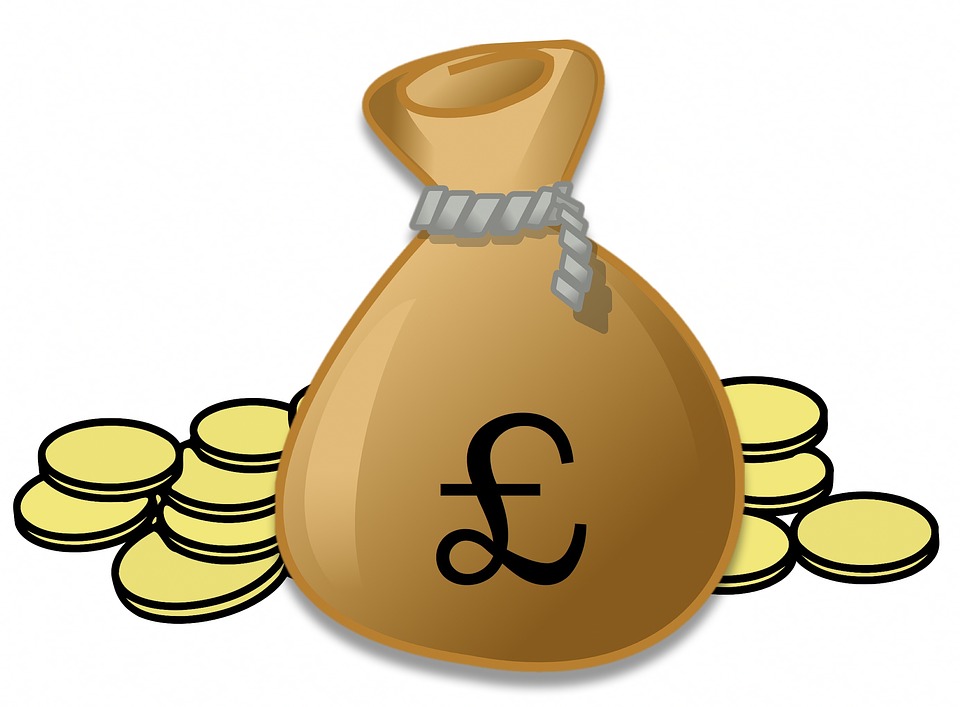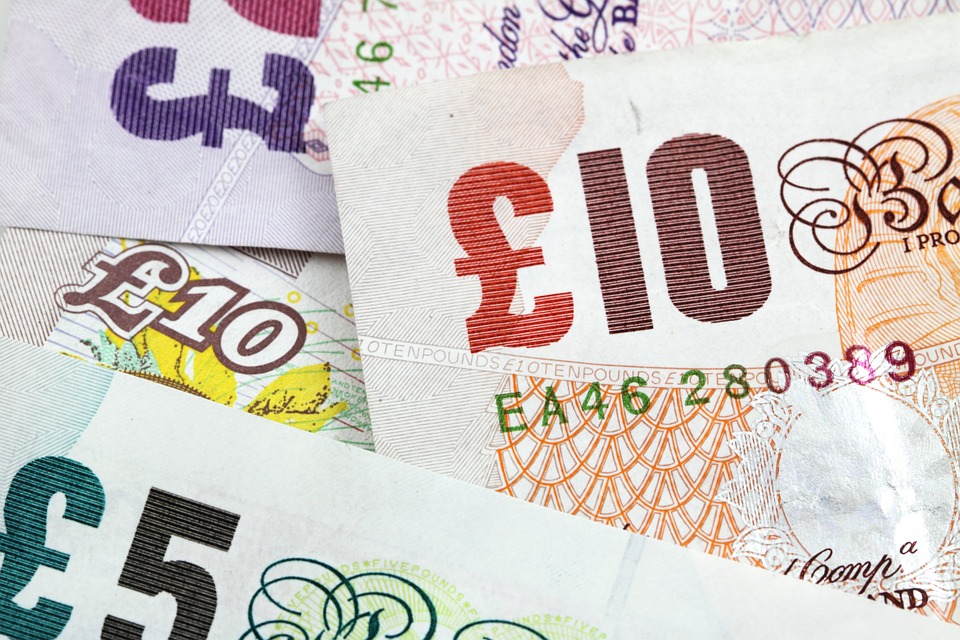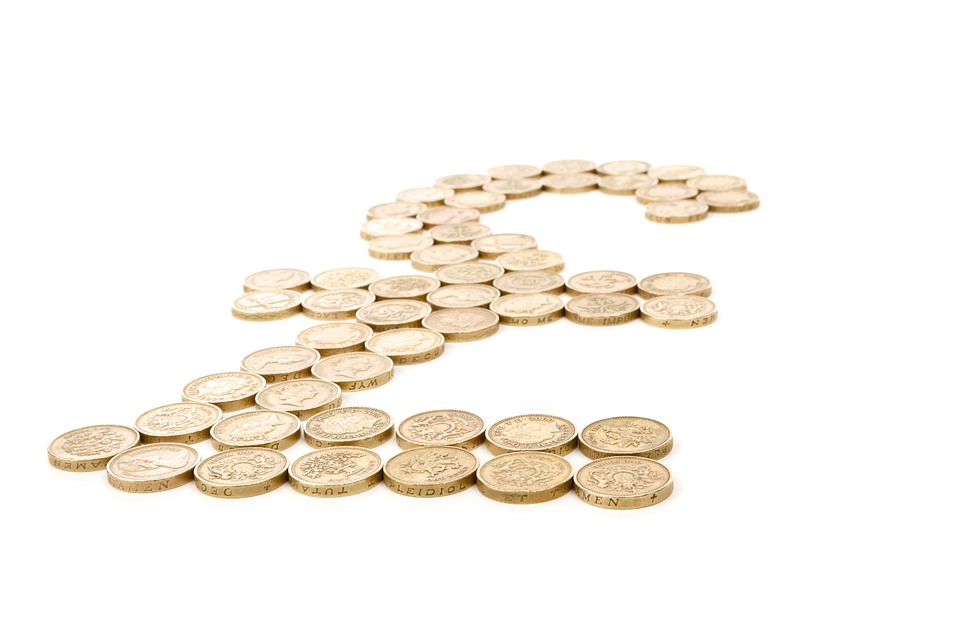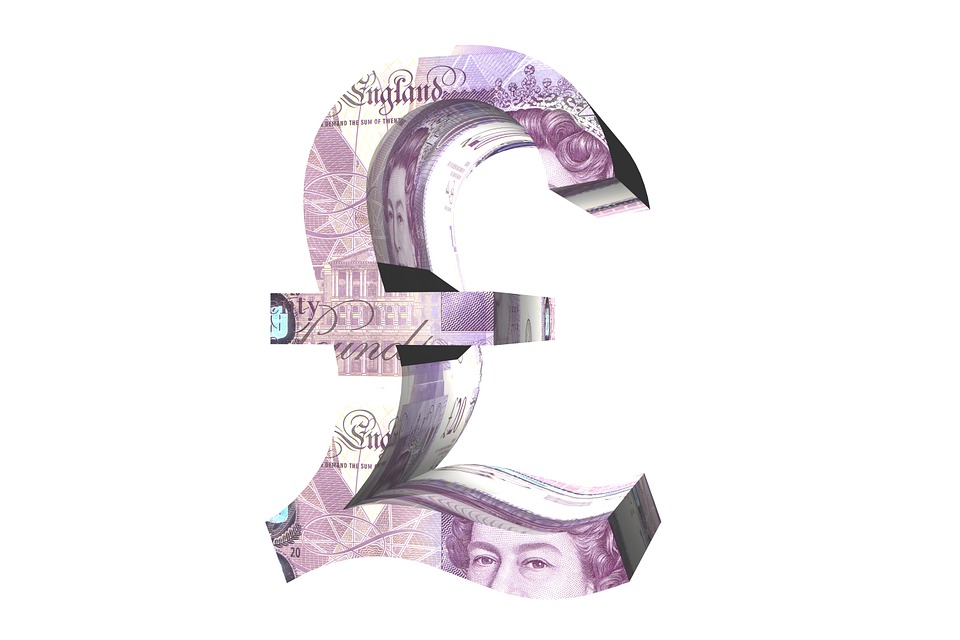Prepare for a fall in the Pound says one foreign exchange analyst we follow.
According to Jeremy Boulton, an analyst who sits on the Thomson Reuters foreign exchange desk in London, foreign exchange traders could be guilty of focussing exclusively on Brexit and ignoring worrying distress signals coming out of the UK economy.
“A market that only has eyes for how soft or hard Brexit is hasn’t paid much attention to data, and data say buying the Pound has set it up for a fall,” says Boulton.
The remarks come in the wake of a poor turnout for the services sector of the economy. The latest IHS Markit Service Sector PMI read at 48.9 in March, down from 51.3 previously, where markets had looked for a decline to only 51.0.
This means the UK’s largest economic sector contracted for the first time in two years. “Intense political uncertainty,” was cited by respondents to the survey.
But it’s not just the PMI that is bothering Boulton.
“London house prices – which are critical for the real estate market, which is critical for the economy – are falling,” says the analyst.
Image courtesy of Nationwide.
And the implications are negative for the British Pound outlook we are told.
“That means it’s worth betting on a bearish shift in sentiment towards Sterling. The Pound has rallied 3.5% in value this year and few are betting on a fall. Sterling shorts previously worked to brake drops in the Pound’s value; no such safety net exists to prevent that drop now,” says Boulton, adding:
“Traders should expect dovish chatter from the Bank of England, which recently hiked interest rates and has a lot more room to cut than the European Central Bank.”
It is worth pointing out that markets expect a strong recovery in UK business activity should a Brexit deal be ratified by the UK parliament, hence why there has been no substantial sell-off in Sterling, yet.
The risk is that any decline in Sterling in the event of a sudden deterioration in Brexit sentiment is much sharper and deeper now that the economy is not playing the role of safety net for the currency.
While markets have bid Sterling higher on the assumption that a Brexit deal will ultimately be ratified by the UK parliament, or that a lengthy Brexit delay looms, the prospect for political disappointment cannot be underestimated.
Prime Minister Theresa May has met Labour leader Jeremy Corbyn to try and thrash out an agreement on the type of Brexit both parties can back and push through the House of Commons.
While Corbyn’s initial response was one of constructive engagement, members of his party remain sceptical.
“I thought momentarily last night May’s ‘offer’ might be genuine,” says Labour lawmaker Ben Bradshaw, but having heard Brexit Secretary Stephen Barclay giving an interview on BBC Radio Bradshaw says “it is clearly a trap designed to try to get May’s terrible deal through, which some people have fallen for, but Labour mustn’t.”
We are hearing on Thursday that the red lines set out by the Labour Party membership, particularly that any backing of a deal be contingent on a second EU referendum, are too entrenched for Corbyn to shift.
We see a remote possibility to the two sides agreeing on something that genuinely has the backing of a majority of the House of Commons before next Wednesday’s meeting of EU leaders when they will consider whether or not to grant another Brexit extension.
We feel a breakdown in talks between May and Corbyn could hurt Sterling.
However, for now markets are focussing on the positives.
Another Labour Party lawmaker said her party will not make particular topics off-limit when its leader, Jeremy Corbyn, starts talks with Prime Minister Theresa May.
“We must find common ground now and we must find that very, very quickly and that’s why Jeremy has been very clear about not setting any limitations and keeping a very open mind,” Rebecca Long-Bailey, Labour’s business spokeswoman, told Reuters.
General Election Fears
We note in a recent article another risk on the horizon for the UK currency is a prospective General Election should Conservative Party Brexiteers feel they would rather go to the electorate than back their government and its Brexit deal.
The initial Conservative response to May’s latest gamble has been anything but welcoming and for us the likelihood of a general election has risen. The Pound tends to struggle in times of political uncertainty, and the prospect of a devoutly left-wing government taking the reins of the UK economy would likely see declines in Sterling.
“A Corbyn led government would spark fear of re-nationalisations in the market are could unleash further downside pressure on the Pound,” says Jane Foley, a strategist at Rabobank. “Currently we are forecasting EUR/GBP at 0.82 in 6 months on the view that a Brexit deal will be agreed. However, a period of messy domestic politics could make this forecast appear optimistic.”
EUR/GBP at 0.82 gives a Pound-to-Euro exchange rate of 1.22.
“We turned Negative GBP recently due to markets not pricing the risk of a Corbyn government adequately in our view,” says Thanos Papasavvas, Founder & CIO of ABP Invest. “The population is getting fed up with the Tories’ constant internal crises and their inability to form policy.”
However, strategists with the world’s largest currency dealer – Citi – say they are not yet concerned on the matter of a general election.
Strategists at Citi say while election risk is higher since last week, they think the Conservative Party’s desire to avoid this outcome is under-appreciated by the market.
“GBP will be dominated less by the outcomes of various votes this week and more by the reaction function of Conservative Brexiteers. If election risk has not followed through by the end of this week, GBP should be higher,” says a recent note from Citi.
For now markets are in agreement, but we would expect the shape of any Conservative-Labour deal to determine just how sizeable any Conservative MP mutiny might be.
Written by Gary Howes
Source: Pound Sterling Live






